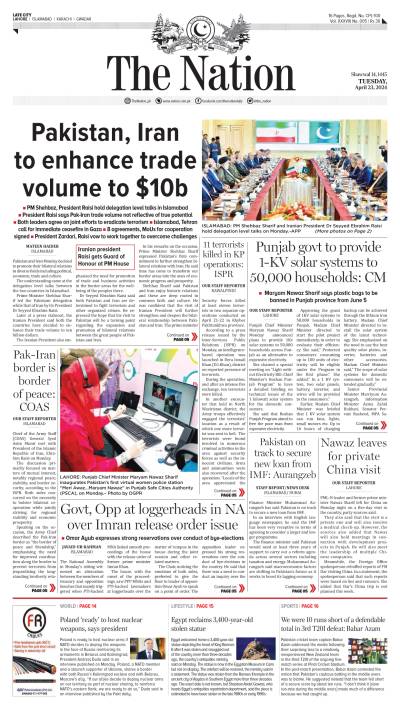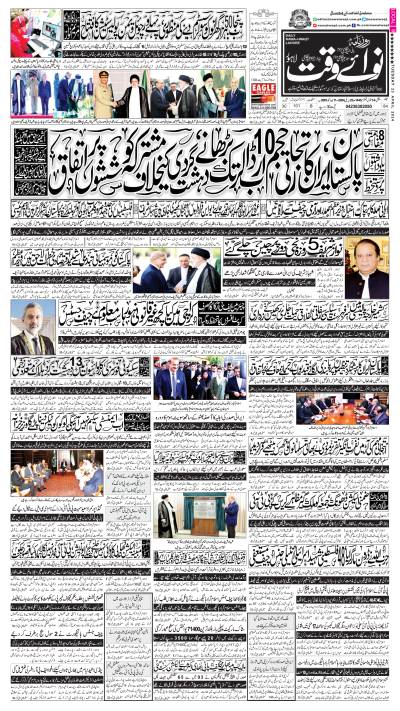The two words Google and googol are pronounced similarly having different meanings. According to the Merriam-Webster dictionary, Google is the “name of a search engine as well as a verb that refers to searching the internet using the Google search engine.” The googol represents a number ten to 100th power or number 1 followed by one hundred zeros. Almost every internet user is familiar with Google but not with its benefits in higher education. However, in the world of higher education products like Google books, Google scholar, G suite for education including customizable versions of several Google products and Google scholar citations are noteworthy. Even Google assistant can help you in identifying information related to decision making in higher education and allied fields. Importantly, all these services are mainly free of cost or sometimes with a minor subscription fee. Developed nations are reaping the benefits of these services and the countries having ill planning are still waiting to see, how they can do better by incorporating Google in their pedagogical practices.
Pakistan is indeed blessed with the best brains having scholarly contributions in demanding fields across the globe. However, we do not have any official directory of all national intellect assets across the world. At several occasions, I submitted my humble request to leaders of the higher education and organizations associated to at least have a discipline-wise Google directory of all Pakistani men and women exhibiting scholarly excellence. This will empower us to assess our intellectual assets and reap the benefits of science diplomacy and collaboration across the world. The first and foremost initiative in this regard is a simple directive from the Higher Education Commission of Pakistan that everyone affiliated with the academia sector in the country should have his/her Google scholar profile followed by establishing discipline wise Google scholar database specified for Pakistani talent. This is happening across the world - several universities for promoting internationalization market themselves with the Google scholar profiles of their researchers and teachers. Most importantly, in global ranking, it contributes immensely. A fresh cool breeze by the Government of Pakistan in the establishment of Prime Minister’s Task Force on Science & Technology headed by the founding chairperson of the Higher Education Commission of Pakistan could benefit immensely from such initiative for the accomplishment of their TORs. This will generate collaborative and complementary environments between the HEC and the Task Force.
In Pakistan, we can promote and nurture the young scientists through appreciating their scholarly activities by showcasing their Google scholar scores. Precedents for such initiatives exist in several progressive institutions including governments across the globe. Here I would like to share my recent experience of serving in the Malaysian higher education system. Having a deep interest in academia, I always try to find out procedural matters helping the countries higher education. A few months ago, for my visit to King Saud University as an external examiner, I visited the Ministry of Higher Education, Malaysia for travel approvals. On the entrance, my first look was on several portraits of scholars hanging in the Ministry building based on their highest Google scholar citation index. The ultimate impact of highlighting scientists’ photographs with their Google Scholar citations is yet to be determined. However, it is quite clear that Malaysia leads the Muslim World according to the QS World University Ranking. Thanks to “Google uncle” that gave fame to the productive academicians whose name are in the Malaysian higher education ministry. Besides this, several universities in Malaysia and other countries use the Google Scholar citations of their faculty as a marketing tool. However, my experience of serving at the Islamia University Bahawalpur, Pakistan promoting people with good scientific reputations having nice citations score, faced strong resistance. I am presuming the same and to overcome this; it will be good to have both “Google Scholar” and “ResearchGate” of scholars highlighted. The later take into consideration both the natural and social sciences contributions cumulatively.
Finally, there is an urgent need to control unlimited access to internet services and Googling opportunities for youth as this is disturbing our social fabric. Here I will submit another personal experience of stressing the importance of this issue. The title of my presentation at the Global Presidential Conclave on the Future of Higher Education held in West Chester, Pennsylvania, USA in the year 2012 was “Google a Challenge for Social Scientists.” During the conference, I introduced myself to a delegate sitting nearby who happened to be associated with Google. His funny remarks were that you are a Muslim scholar and will discuss against technological advancements. Anyway, at my turn, I got an opportunity to present my thoughts in the galaxy of 40 academic leaders across the globe attending this conclave. I was just on the prelude slides, and suddenly, the Chair of the conference stopped me and uttered Prof. Mukhtar, your presentation sounds soothing music to me and should be of interest for every parent on this Earth. Further elaborating on his remarks, the chair of the conclave shared his school days when he used to interact with every elder at home for the completion of his homework and get lot more interactions with parents, siblings, and family members. Unfortunately, in the current times, his twelve years old daughter is usually interacting with electronic gadgets, and she prefers to get help from Google instead of elders. This is scenario – Google challenging the family interactions at social levels. If your children still ask your assistance in their homework, consider yourself as the luckiest.
The take-home message is, Google, its relevant applications and their utilization should be in a wisely manner for primary, middle and higher education. Current internet and Google usage trends in Pakistan including several other countries are not healthy, thus demanding appropriate policy measures. Importantly, the Google applications in education align with the industrial revolution 4.0 needs, including STEM education and both the Prime Minister’s Task Force on Science & Technology and the HEC can benefit immensely. This can only happen if well planned Google applications are introduced in the country education systems at all levels through collaborative efforts of all stakeholders.





